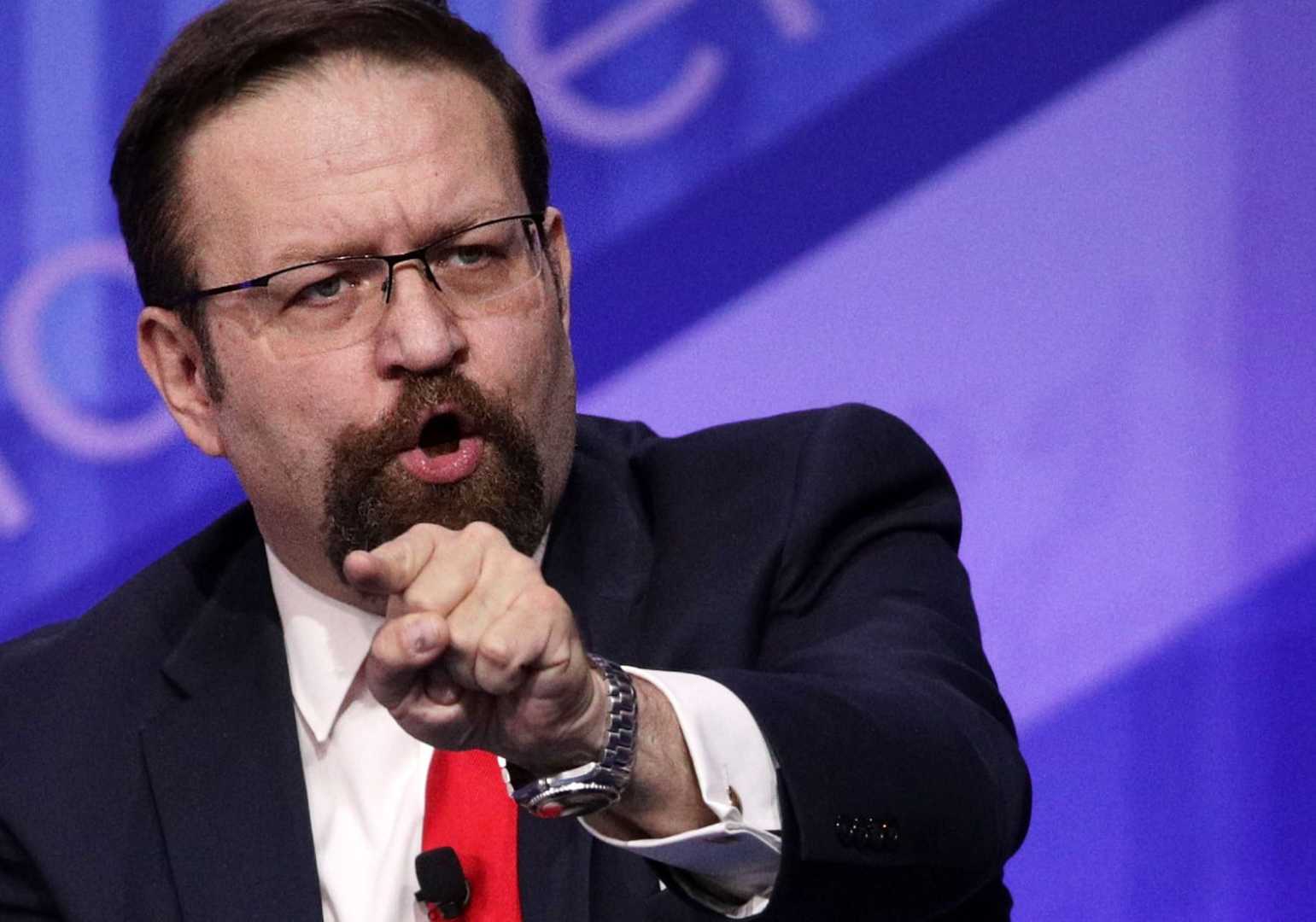Politics
Sebastian Gorka’s Security Clearance Raises Concerns in Trump’s NSC Pick

President-elect Donald Trump‘s selection of Sebastian Gorka for a key role on the National Security Council (NSC) is sparking concerns among security experts due to his past inability to obtain a security clearance during Trump’s first term. Gorka, a former White House staffer, was dismissed in August 2017 after officials learned he would not pass a background investigation, CBS News has confirmed.
The role of deputy assistant to the president and senior director for counterterrorism, which Gorka is set to assume, does not inherently require a security clearance. However, the position grants access to highly sensitive intelligence, raising questions about his suitability. A Trump transition source stated that Gorka currently holds an active security clearance but did not clarify whether he has received the temporary clearance typically granted to incoming appointees.
Brian Hughes, a Trump transition spokesman, defended Gorka, citing his “decades of experience working on matters of national security, irregular warfare, and counterterrorism.” Hughes added that Gorka’s “wealth of knowledge and boldness” would help “make America safe again.”
Despite these assurances, former law enforcement and intelligence officials have expressed reservations. Stephen Laycock, a former FBI executive assistant director, emphasized that individuals previously disqualified from security clearances should not be placed in positions of trust without a thorough reevaluation. John Bolton, Trump’s former national security adviser, has called for a “full FBI field background investigation” before Gorka assumes the NSC role.
Gorka’s past includes a 2017 incident where he was caught carrying a gun at Ronald Reagan National Airport, resulting in a misdemeanor charge that was later dismissed. Additionally, he was denied clearances in 2002 for a panel investigating the Hungarian prime minister’s ties to the Communist secret police. Gorka, a British-born Hungarian-American, has also faced scrutiny for his controversial remarks on Islam and alleged connections to right-wing Hungarian nationalists.
As NSC counterterrorism chief, Gorka would play a pivotal role in coordinating U.S. counterterrorism efforts, including lethal strikes and hostage rescues. His appointment has reignited fears of a return to the chaotic decision-making processes that characterized Trump’s first term. Critics argue that Gorka’s selection reflects a preference for loyalty over discipline, potentially undermining the NSC’s effectiveness.












